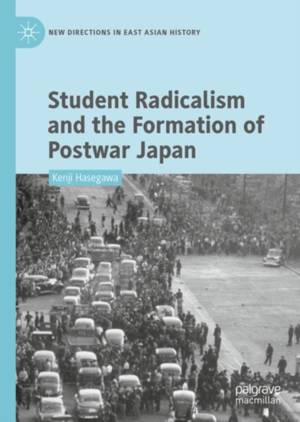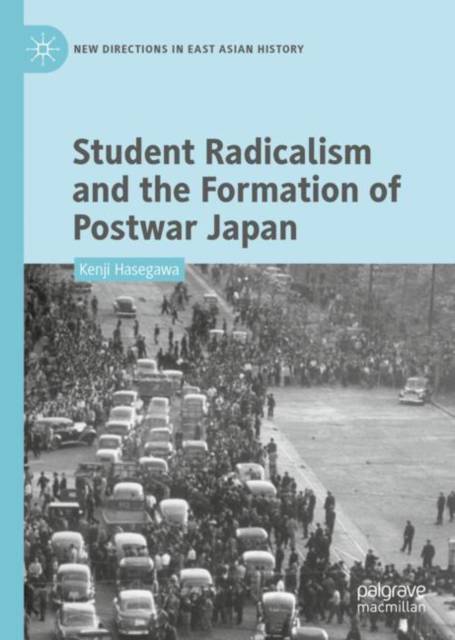
- Retrait gratuit dans votre magasin Club
- 7.000.000 titres dans notre catalogue
- Payer en toute sécurité
- Toujours un magasin près de chez vous
- Retrait gratuit dans votre magasin Club
- 7.000.0000 titres dans notre catalogue
- Payer en toute sécurité
- Toujours un magasin près de chez vous
Description
This book offers a timely and multifaceted reanalysis of student radicalism in postwar Japan. It considers how students actively engaged the early postwar debates over subjectivity, and how the emergence of a new generation of students in the mid-1950s influenced the nation's embrace of the idea that 'the postwar' had ended. Attentive to the shifting spatial and temporal boundaries of 'postwar Japan, ' it elucidates previously neglected histories of student and zainichi Korean activism and their interactions with the Japanese Communist Party. This book is a key read for scholars in the field of Japanese history, social movements and postcolonial studies, as well as the history of student radicalism.
Spécifications
Parties prenantes
- Auteur(s) :
- Editeur:
Contenu
- Nombre de pages :
- 218
- Langue:
- Anglais
- Collection :
Caractéristiques
- EAN:
- 9789811317767
- Date de parution :
- 27-09-18
- Format:
- Livre relié
- Format numérique:
- Genaaid
- Dimensions :
- 148 mm x 210 mm
- Poids :
- 421 g

Les avis
Nous publions uniquement les avis qui respectent les conditions requises. Consultez nos conditions pour les avis.






